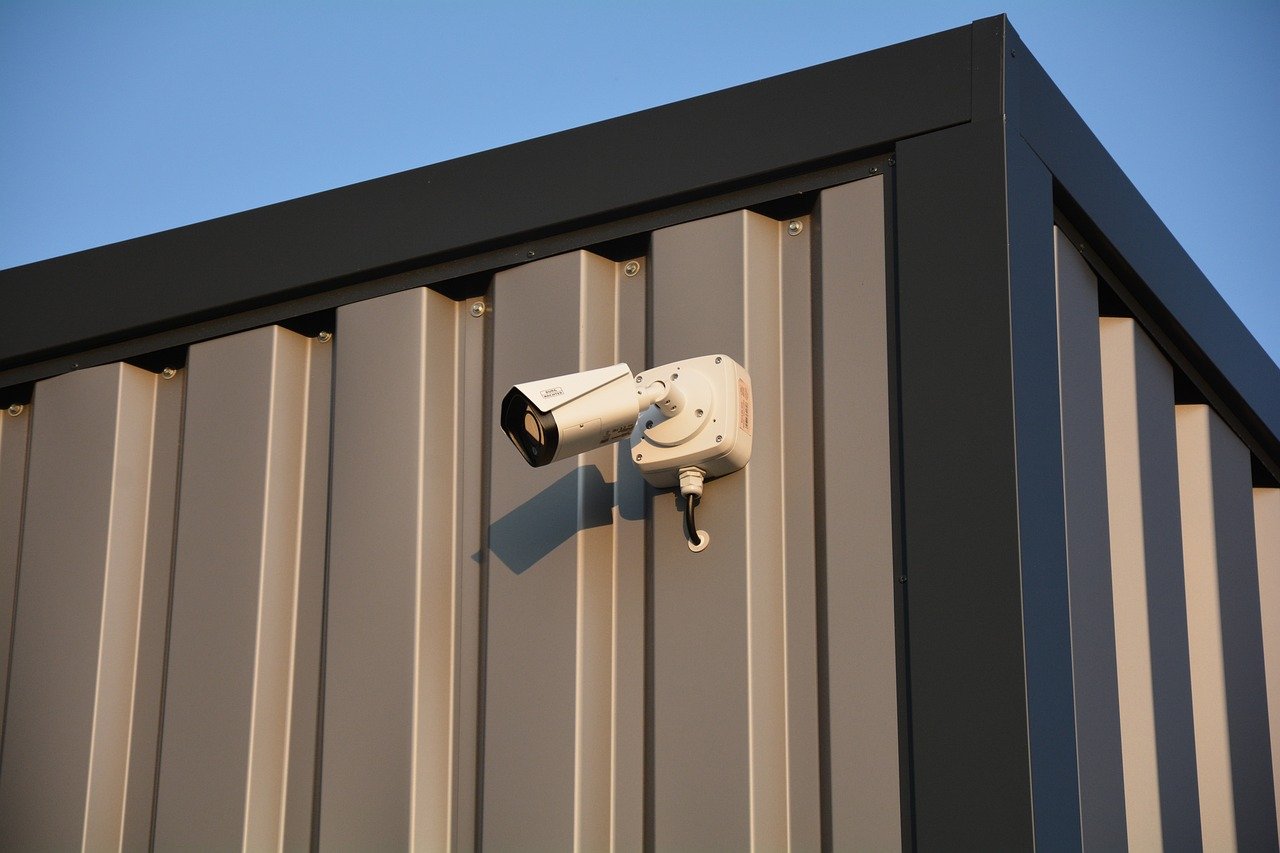TikTok has strongly criticised the Australian government’s decision to exclude YouTube from a sweeping digital crackdown, setting the stage for a heated debate over one of the toughest social media laws in any democratic country.
In a formal submission to Australia’s Department of Communications, the Chinese-owned social media giant condemned the regulatory framework, particularly the exemption granted to Google-owned YouTube, reports Bloomberg.
The new law, set to take effect by the end of 2025, will ban users under the age of 16 from most social media platforms. However, the government classified YouTube as a health and education service, shielding it from the restriction — a decision TikTok decried as a “sweetheart deal” that is “illogical, anti-competitive, and short-sighted.”
TikTok isn’t the only platform that has criticised the Australian government. Earlier, Meta and Snap Inc. also called for reversal of YouTube’s exclusion. Industry experts too weighed in on the law with Sunia Bose, director of Digital Industry Group Inc., testifying before the Senate committee, urging to delay the bill’s passage.

The unusually public criticism from TikTok suggests that private discussions between major social media companies and government officials have failed to resolve the dispute. With the law already passed in November 2024, platforms now face the challenge of compliance or face penalties up to $31 million.
The law has garnered sufficient attention worldwide with countries like the United Kingdom mulling to adopt a similar social media ban.
Last month, cybersecurity and extremism experts questioned the Australian government’s decision to exclude YouTube from the law. They argued that this exclusion undermined the very principle of the law. The experts claimed that YouTube’s algorithm amplifies harmful content, including far-right extremism, misogyny, and conspiracy theories. Moreover, platforms like Discord and WhatsApp are also exempt from the ban.
A report by the eSafety Commissioner of Australia highlighted the ineffectiveness of the laws. The report noted that 80% of children aged eight to 12 were able to access social media easily, despite the platforms setting the minimum age at 13.
In the News: Google patches 40 vulnerabilities in Android, 2 actively exploited






